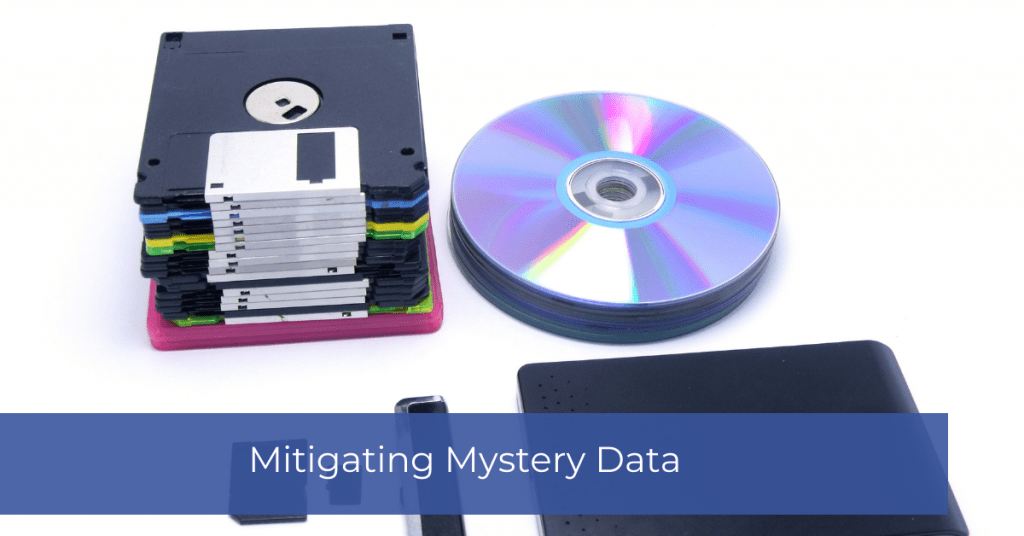Mitigating Mystery Data
Mitigating Mystery Data: Have you ever come across a tape with very little information on what the data of the tape contained? Data Manager at Silverthorne Seismic, Julie Hagedorn, explains a couple of ways to identify the data on “mystery” tapes. First, looking at the type of tape, such as a 9 Track Tape, can […]
Mitigating Mystery Data Read More »

